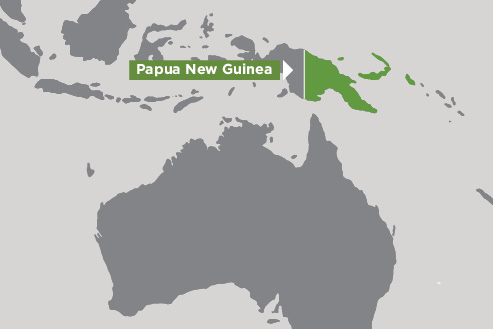Overview
This project aims to target barriers to private sector investment in the canarium industry by improving supply, further enhancing efficiencies in the production and processing systems and further developing both domestic and export markets for processed galip nuts
Worldwide, around 350 million people depend on forests as their primary source of food, nutrition and medicine. In Papua New Guinea, the indigenous galip tree (canarium indicum) occurs naturally throughout various lowland provinces. However, the emerging canarium industry is at a critical phase and needs to harness the momentum built by the current and previous research undertaken.
Overall, this project is assisting future growth in nut supply and to better understand the indigenous galip weevil pest, which is destroying some planted galip trees. In addition, the project is investing in developing new high value niche product concepts and market test those to broaden the market potential for investors.
Expected project outcomes
- Improving the commercial viability of business models for galip nut processing.
- Demonstrating sustainable value chains to foster private sector market development of domestic, retail, food service, industrial and online/export channels.
- Empowering women to participate in the galip value chain.
- Enhancing nut supply and nut quality by improving production of galip nuts.
Summary of outcomes to date
2021-22
In PNG, processed canarium nuts (galip nuts) are the basis of an emerging industry. The aim of this project is to foster private sector-led development of the galip nut industry in PNG, increase the efficiency of galip nut value chains and establish commercially viable business prospects for private sector investment at different scales. Progress has been steady despite continuing impact of Covid-19. The project team continues to collaborate and deliver the project remotely. Project team members in PNG have taken leadership on all project activities and designed, carried out and analysed research activities in collaboration with the Australian team via Zoom. Early impacts of the project include:
- Transition to private sector processing: Devine Management Services (DMS), a private sector processor, is now supplying galip to CPL supermarkets. This indicates a transition to private sector processing and is very positive for the industry.
- Impacts on smallholders: Surveys of smallholders participating in the galip industry indicate that 70-90% will save the money made from selling galip. Most money is spent on food, clothes and school fees.
- Project outputs adopted in Indonesia: The project has provided operating procedures and technical information for Canarium indicum nut processing to FairFlavor, a food tech start-up in the prototype stage focusing on non-dairy alt-protein made of Indonesian Kenari nuts (Canarium indicum). Indonesian farmers producing nuts for FairFlavor are now using information in the Standard Operating Procedures manual and training material developed by the galip nut project team.




